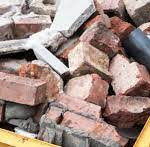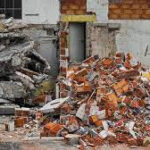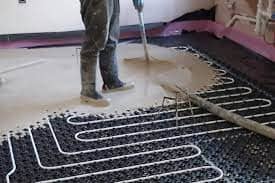If you’ve been involved in a construction project, you’re probably wondering what sort of waste is produced at a construction site? The answer to this question varies by project phase, but in general, it involves materials such as soil, bricks, drywall, PVC siding, pipes, and more. These materials all require proper disposal. To make things easier for you, here’s a quick guide to the most common types of construction waste.
In the context of waste management, construction waste generally refers to materials left over from a construction project. These materials can range from demolition to restoration and remodelling. Common materials are plastics, wood, and insulation, but can also be scrap metal and rubber. Most of this material is recyclable, but separating it into different types is crucial. Your waste management contractor can provide you with useful recycling information. You’ll be surprised at how much construction debris you actually have! For details on Carmarthen skip hire, go to https://pendragonskiphire.co.uk/carmarthen-skip-hire
In addition to waste generated from construction projects, there’s also a significant amount of recycled material. Rubble from construction sites can be crushed and reused in other construction projects. Even waste wood can be recycled and reused. In addition to this, waste generated from a construction project should be disposed of according to legislation. Not only can this type of waste be harmful to workers, but it also contributes to hundreds of millions of pounds of waste annually.
The majority of construction waste consists of wood, which is valuable for industrial processes. It merits diversion because it can be used for biomass or feedstock for combined heat and power plants. Concrete on the other hand can be crushed or screened to separate valuable aggregates. Concrete is typically mixed with other materials, so it needs to be classified before recycling. Some concrete contains contaminants, so it’s better to dispose of it in a way that avoids contamination.
As with any project, construction waste has its challenges. A construction site needs a comprehensive waste management plan. The waste generated during construction projects should be calculated in such a way that it’s reduced to the minimum. It’s also important to choose a vendor who understands your project and provides waste containers on site and takes away the waste as it is produced.
Recycling is also an important part of construction, and most construction companies have a recycling plan in place before breaking ground. The construction site is usually kept clean by using skips a few days prior to the project start date. However, larger jobs will require more planning and extra skips. For example, renovation and demolition projects require the removal of old materials as soon as possible.





